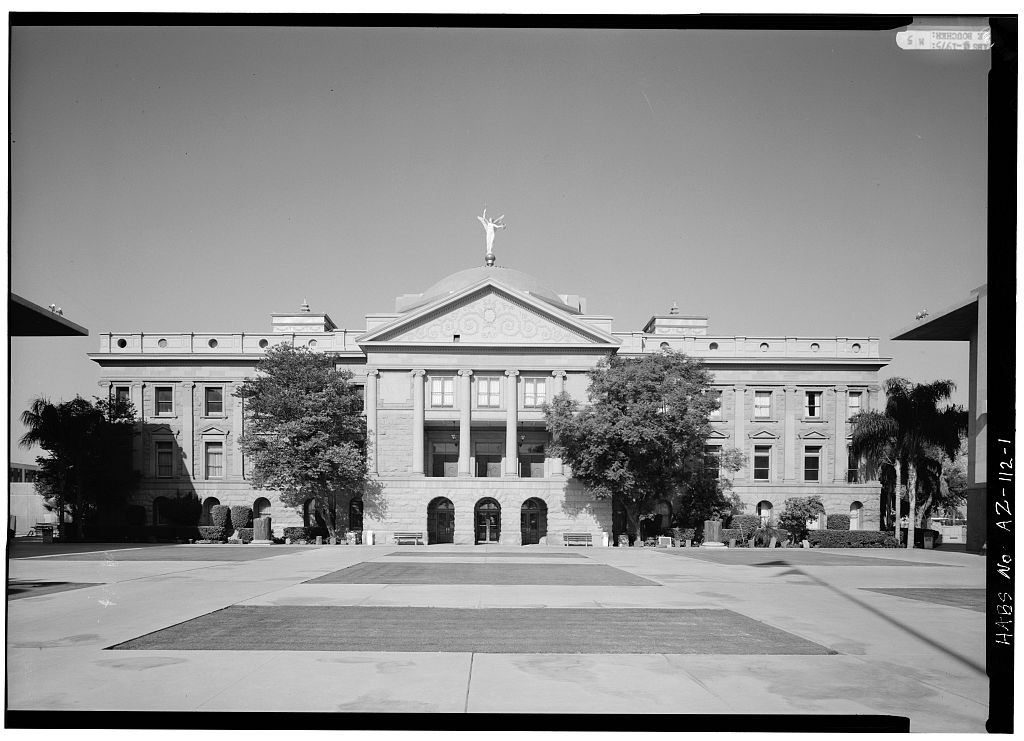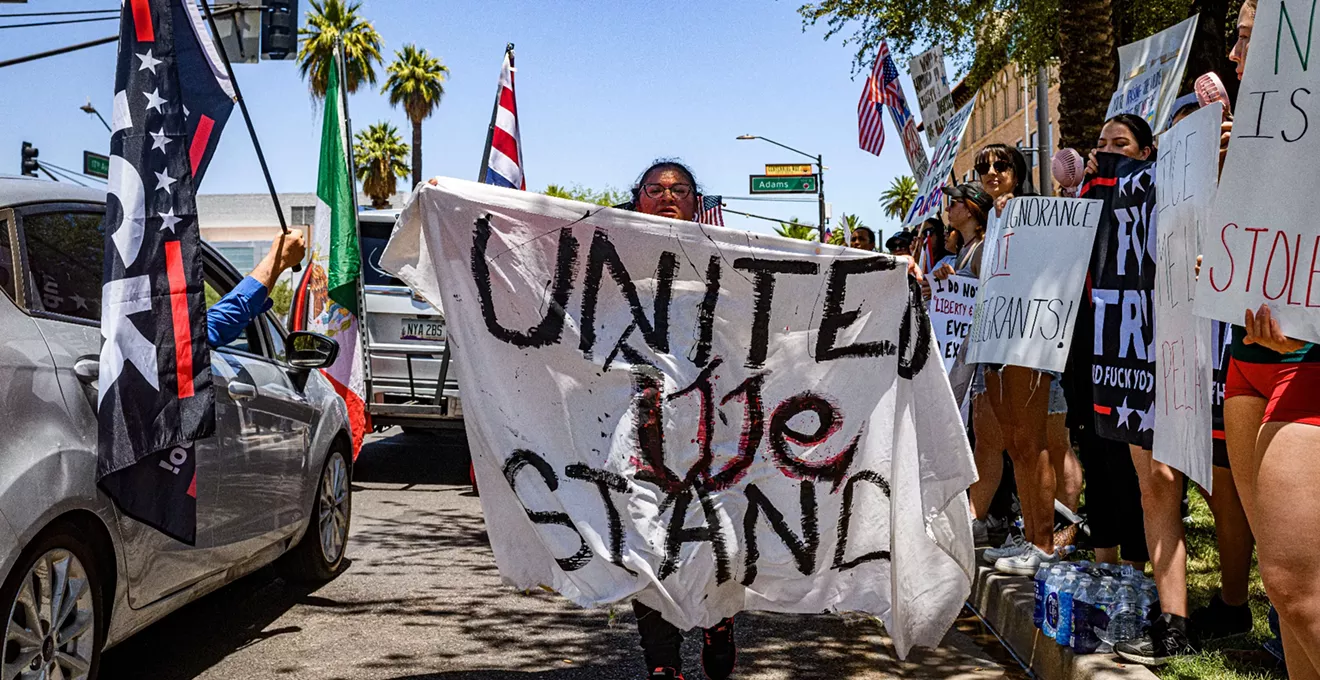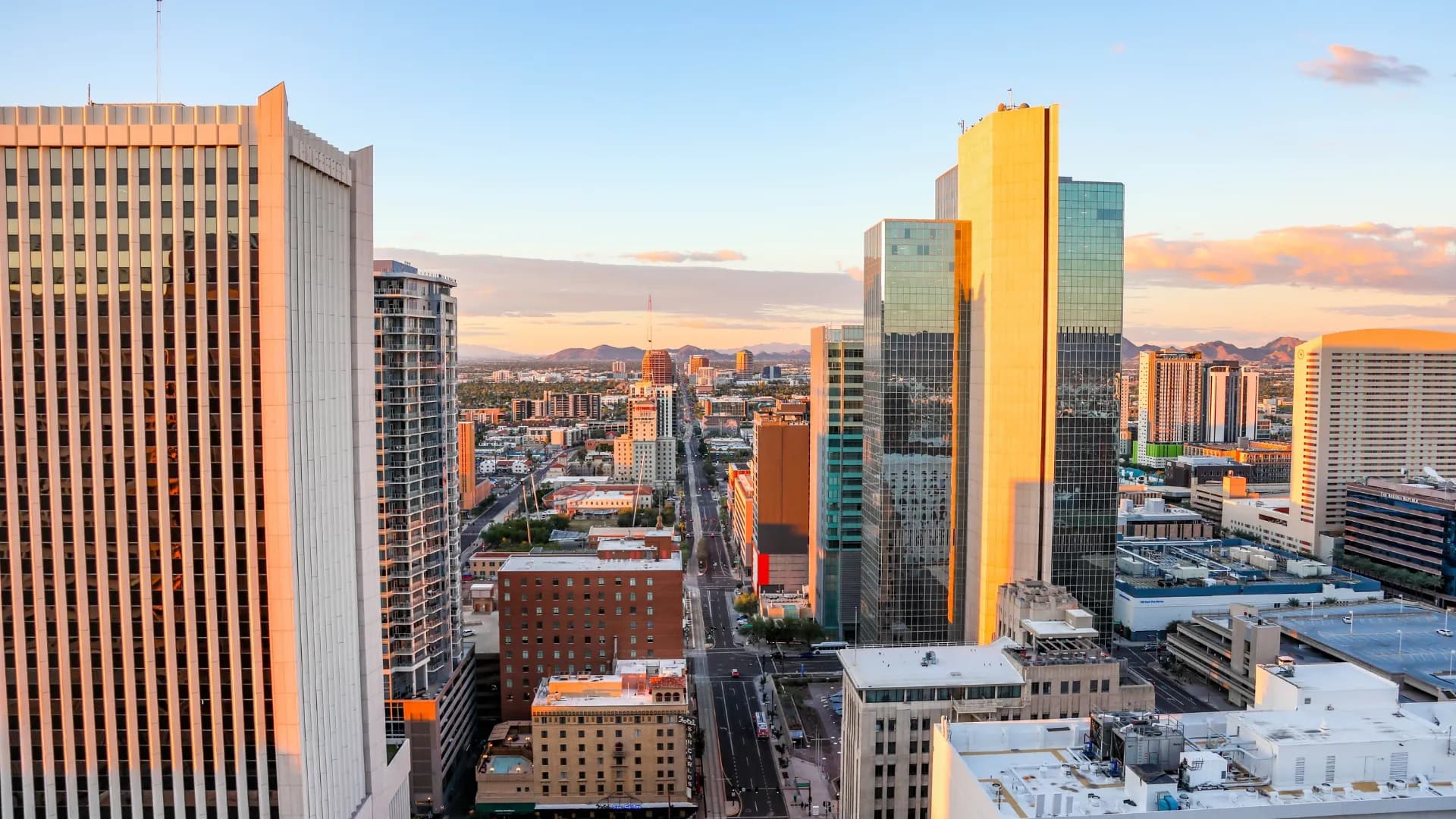Sun Belt Cities Are No Longer Affordable
The escalating housing crisis is no longer confined to the coastal elite cities of New York and San Francisco. A shocking trend has taken root in Sun Belt cities, where home prices have skyrocketed—134% in Phoenix, 133% in Miami, and 129% in Atlanta—forcing many Americans into a corner with nowhere to turn. Once seen as a refuge from the high costs of urban living, these cities are now out of reach for a critical mass of residents, signaling a dire reality for the future of affordable housing across the nation.
Understanding the Reversal of Fortune
Conventional wisdom has long blamed blue-state governance and stringent zoning laws for the affordability crisis. Yet the narrative falls apart when we examine the rapid rise in prices across conservative-leaning regions. As reported by BESI, housing in blue states is 52% more expensive than in red states, yet the rising prices in the Sun Belt challenge this notion. The reality is that NIMBYism and restrictive zoning are not solely the domain of progressives. As cities like Dallas and Miami become increasingly affluent and educated, their residents are increasingly wielding the power to oppose new development.

Arizona State Capitol Building, 1700 West Washington Street ...
Stalled Construction Amid Rising Demand
Data from urban economists Ed Glaeser and Joe Gyourko reveals a troubling trend: the rate of housing production in the Sun Belt has fallen by more than half over the past 25 years. This slowdown has occurred even as demand has surged, particularly during the pandemic, when remote work led many to seek more affordable living conditions. As reported by Brookings, the post-COVID demand should have triggered a construction boom, yet we find ourselves in a market still fraught with high prices and insufficient supply.
Existing Regulatory Framework Fuels the Crisis
The reality is that the regulatory landscape in the Sun Belt is becoming increasingly restrictive, mirroring that of coastal cities. A study found that Miami and Phoenix rank among the top ten most restrictive cities for land-use regulations, not far behind the well-known culprits of Los Angeles and Washington, D.C. This trend is exemplified by the experiences of home builders like Justin Webb, who lament the complexities of local governance that have turned once-promising markets into bureaucratic nightmares. As Webb stated, “Everything is a negotiation; everything is a process.”

Photos: Thousands at Arizona Capitol "No Kings" protest ...
Racial and Economic Justice Implications
The implications of this housing crisis are profound and disproportionately affect marginalized communities. The use of tools like the “valid petition” process in Texas further exemplifies how local laws can be weaponized to block affordable housing developments, often under the guise of maintaining neighborhood integrity. The adverse effects are clear: affordable housing initiatives are stifled, and the voices of low-income residents are drowned out by affluent, established homeowners. As Nicole Nosek of Texans for Reasonable Solutions highlights, this situation is “the silent killer” of community development.
As cities across the Sun Belt grapple with these emerging crises, they have the opportunity to learn from the mistakes of their coastal counterparts. Raleigh, North Carolina, has shown that reforming zoning laws can lead to successful outcomes—60% more units built annually and a significant reduction in rental cost growth. The current spike in home prices has ignited calls for legislative action, and lawmakers in Texas are attempting to tackle this issue head-on by reducing minimum lot sizes and curbing the power of the “tyrant’s veto.”
However, the resistance to such reforms highlights a troubling reality: the forces opposed to new developments are deeply entrenched and will fight tooth and nail to maintain the status quo. If left unchecked, cities like Phoenix and Atlanta could see their housing crises mirror those of Los Angeles and San Francisco within the next two decades, further entrenching economic and racial disparities across the nation.







![[Video] Gunfire between Iraqi security forces and Sadr militias in Baghdad](/_next/image?url=%2Fapi%2Fimage%2Fthumbnails%2Fthumbnail-1768343508874-4redb-thumbnail.jpg&w=3840&q=75)
